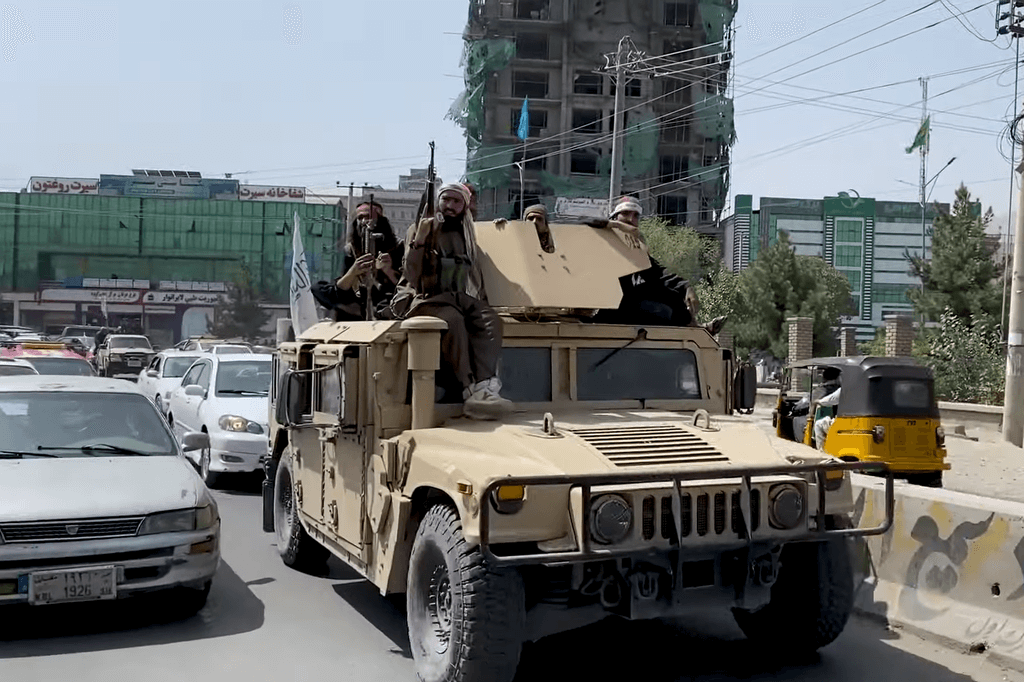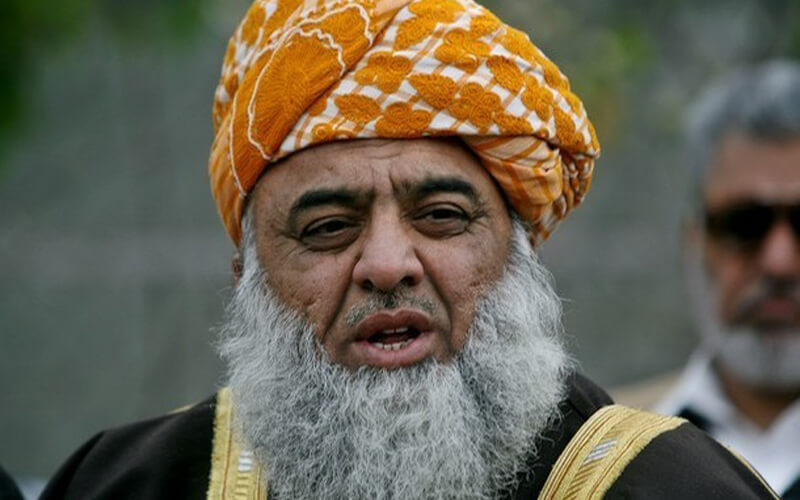
Despite vehement denials the Islamic Emirate of Afghanistan, also known as the Taliban, continues to support groups such as the Tehreek Taliban Pakistan, or TTP, which operates in Pakistan’s tribal areas and Balochistan, the Islamic State of Khorasan Province, or ISKP, which has carried out attacks in Iran and is present in Tajikistan, and possibly others.
The presence of these groups, as well as the number of attacks in the last two months, demonstrate that the Taliban aims not only to house terrorist groups, but also to effect change through terrorism.
This is also obvious in the ideological foundations laid out by some of Kabul’s senior official affiliates. So first the ideology—
Ideology

Zakir Jalali, the Taliban’s foreign ministry adviser, explained the refusal to classify the ISIS suicide assault in Kerman, Iran, as a “terrorist” act.
Jalali claimed that the Taliban, referring to ISIS as “seditionists,” has never labeled even the group’s most heinous atrocities in Afghanistan as terrorist.
The Taliban’s foreign office condemned the Kerman tragedy, when two bombs killed a hundred people, but refrained from categorizing it as a “terrorist,” incident.
Former Iranian ambassador Mohammad Reza Bahrami, who had previously highlighted concerns about the Taliban’s tendency, noted to this omission, implying that it had serious ramifications. Jalali, on the other hand, defended the same.
In a similar incident, Sardar Ahmad Shakib, Charge d’affaires of Afghanistan’s embassy in Islamabad, said that no terrorist groups are operating from Afghan land, either against Iran or Pakistan.
At the same time, the Shakib advocated acting as a mediator between the Tehreek Taliban Pakistan and the Pakistani government to address the current dispute over Pakistan’s continuous terrorist sanctuaries in Afghanistan.
Kabul does not perceive the apparent contradiction in its own claims because it wishes to follow a policy of allowing radical Islamist organizations such as the TTP to extend their influence in Pakistan’s tribal areas.
When it comes to Iran, however, the Taliban has little influence over the actions of groups like the IS KP, which supports terrorism in its western neighbor.
TTP Solution Offered to Pakistan

The Pakistani Ministry of Foreign Affairs declared that Maulana Fazlur Rehman, the leader of the Jamiat Ulema-e-Islam Pakistan party, did not travel to Afghanistan as a representative of the Pakistani government after returning from his visit. Prior to his visit, Maulana Fazlur Rehman, the chairman of the Jamiat Ulema-e-Islam Pakistan, stated that he had received a briefing from the Foreign Office and other agencies in Islamabad that included the ISI.
Hibatullah Akhundzada, the Taliban’s Supreme Authority, has not met with foreign officials, let alone those from his own nation, and has had only sporadic meetings with authorities in Kabul. He has also met with the Maulana.
The first meeting with foreigners was a covert meeting with Qatari Prime Minister Mohammed bin Abdulrahman bin Jassim Al-Thani on May 12 in Kandahar, Afghanistan.
The discussions centered on the need to eliminate Taliban limitations on women and children, as well as expanding Kabul’s engagement with the rest of the world to help end the isolation of the country’s de facto authorities, who assumed power in August 2021.
The meeting with Maulana Fazl-ur-Rehman, the leader of Pakistan’s Jamiat Ulema-e-Islam and the second foreigner to see Hibatullah, may have focused on ties with Pakistan.
Islamabad has said that the TTP and other groups utilize Afghan land against Pakistan. The Afghan Taliban have refuted the claim and warned that no one would be allowed to use Afghan land against its neighbours.
The Taliban foreign office abruptly turned away from Rehman, probably because the response he received from Kabul was to resume discussions with the TTP, which is unacceptable to Pakistan’s Army and ISI.
This was clear when Pakistan abruptly closed the Torkham border for cargo trucks from Afghanistan, alleging that it was due to a visa issue involving the drivers.
Thus, the linkages remain clear.
The ISKP/ISIL Regional Threat
Iran, Pakistan, and Afghanistan share a similar danger from the Islamic State in Iraq and the Levant [ISIL], commonly known as ISIS, and its regional offshoot, the Islamic State of Khorasan Province [ISKP]. This has returned as it claimed credit for the twin explosions on January 3 in Kerman, southwestern Iran.
ISIL identified the culprits as Omar al-Movahed and Seif-Allah Mujahed, who carried bomb belts. In the same week, ISK carried out two assaults in Afghanistan.
There is already a discussion in Iran and Tajikistan about a broader threat of terrorism emerging from the ISKP branch of the group, which has a presence in all three countries as well as Pakistan. ISKP is a provincial affiliate of the Islamic State.
The Iranian administration has revealed that at least one of the ISIS suicide bombers who carried out the January 3 attack in Kerman was Tajik.
Iranian and Pakistani authorities are expected to devise a joint plan to restrict the ISKP.
Denial as Strategy to Counter Allegations
The Taliban’s method to rebut the claims is to argue that there is no space for terrorist groups in Afghanistan by pointing out that violence levels have dropped dramatically and there is no instability in the nation, as contrast to when the Republic government was in control.
However, recent terrorist acts in Afghanistan suggest the presence of the ISKP and other groups operating in the nation.
How long this perfidy will continue remains to be seen.

